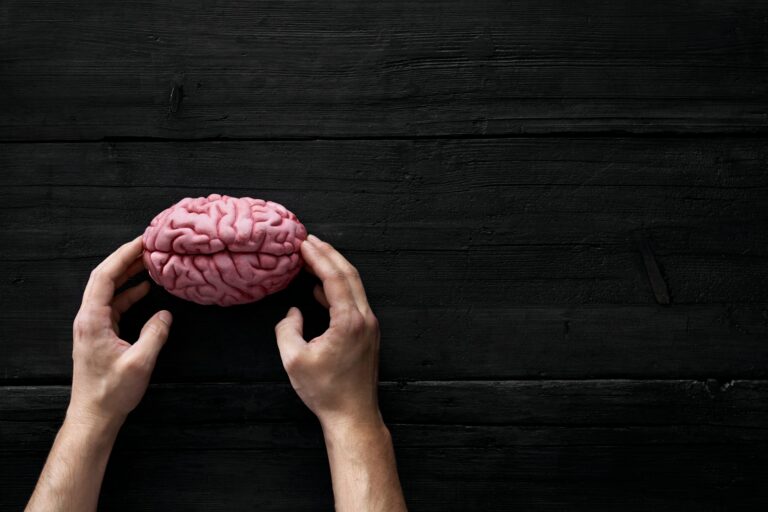The rise of artificial intelligence has touched nearly every aspect of our lives, and mental health is no exception. With advanced tools like ChatGPT now widely available, it’s natural to wonder about their potential role in mental wellness. Can AI chatbots offer the same level of support as a human therapist? It’s a question many people are asking, especially those exploring their options for mental health care.
At Mental Health Minds, we believe in embracing technology while also understanding its limitations. This guide is designed to clarify what AI can and cannot do in the context of therapy and to help you understand the crucial role of a human connection in your mental health journey.
The Promise of AI: What Chatbots Can Offer
AI tools like ChatGPT are incredibly powerful. They can process vast amounts of information and provide responses that are coherent and often helpful. When it comes to mental health, chatbots can serve a few valuable functions:
Information and Education: AI can be an excellent resource for learning about mental health conditions, symptoms, and treatment options. It can quickly provide definitions, explain concepts, and offer general educational content.
Journaling and Self-Reflection: Engaging in a conversation with an AI can be a way to organize your thoughts and feelings. You can use it as a journaling tool to explore your emotions without the fear of judgment.
Skill Practice: AI can be a helpful tool for practicing skills learned in therapy. For example, if your therapist has taught you a specific breathing exercise or a cognitive-behavioral technique, you can use a chatbot to rehearse it or to get a quick reminder.
Accessibility: For some, AI can offer an accessible first step. It’s available 24/7 and is completely free, which can be a low-stakes way to begin thinking about mental health before seeking professional help.
While these functions are useful, they are not a substitute for the complex and human-centered process of therapy.
The Limitations of AI: Where Chatbots Fall Short
Therapy is fundamentally a human-to-human process. It’s built on a foundation of trust, empathy, and a deep, nuanced understanding of a person’s life experiences. This is where AI, no matter how advanced, simply cannot compete.
Lack of Empathy and Connection: AI chatbots do not feel emotions or have personal experiences. They cannot genuinely empathize with your struggles or offer the comfort and validation that comes from a real human connection. The therapeutic relationship is a key component of healing, and it is something a machine cannot replicate.
No Nuance or Context: Humans communicate with far more than just words. A therapist can pick up on subtle cues in your tone of voice, body language, and silence. They understand the context of your life—your cultural background, your relationships, and your past traumas—in a way that a machine cannot. AI lacks the ability to read between the lines, which is often where the most important insights in therapy are found.
Inability to Handle Crises: AI chatbots are not equipped to handle a mental health crisis. They cannot provide immediate, personalized support in an emergency. They are programmed to give general advice and, in some cases, to suggest calling a crisis hotline, but they cannot intervene or offer the real-time support a human professional can.
Privacy and Security Concerns: While many AI platforms have privacy policies, they are not held to the same strict confidentiality standards as licensed therapists. The information you share with a chatbot may not be as secure as a conversation in a therapist’s office, and it is not protected by the same legal and ethical guidelines.
The Verdict: AI as a Tool, Not a Therapist
Ultimately, AI should be viewed as a tool to support mental wellness, not a replacement for a human therapist. It can be a helpful supplement for educational purposes or for practicing skills, but it cannot provide the genuine empathy, personal connection, and expert judgment that are essential for effective therapy.
Your mental health is too important to be left to an algorithm. The healing process requires a trusted professional who can see you as a whole person, understand your unique story, and guide you with compassion and expertise. A human therapist can provide a safe space to explore your emotions, challenge your thought patterns, and build a resilient foundation for lasting well-being.
If you’re ready to connect with a professional who can offer the personalized and empathetic care you deserve, we are here to help.
